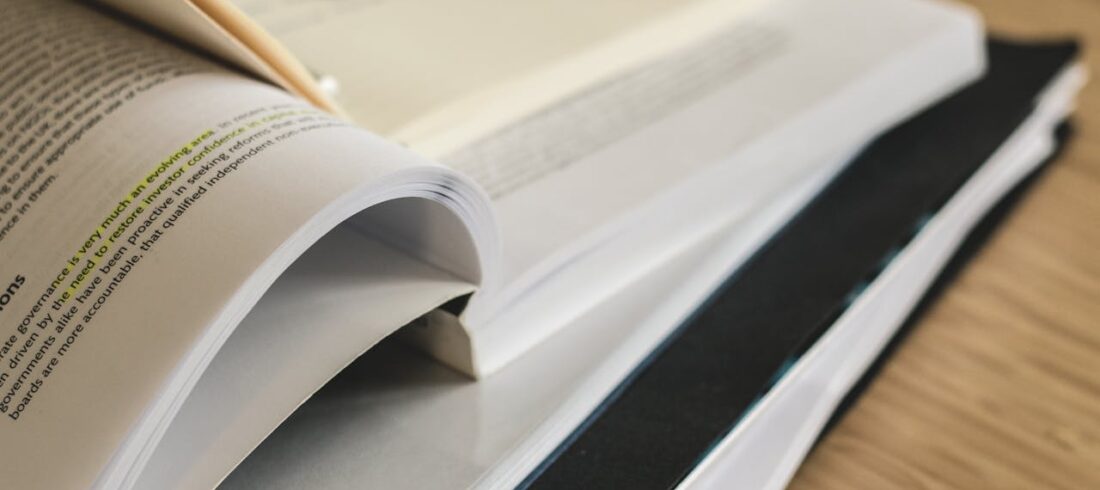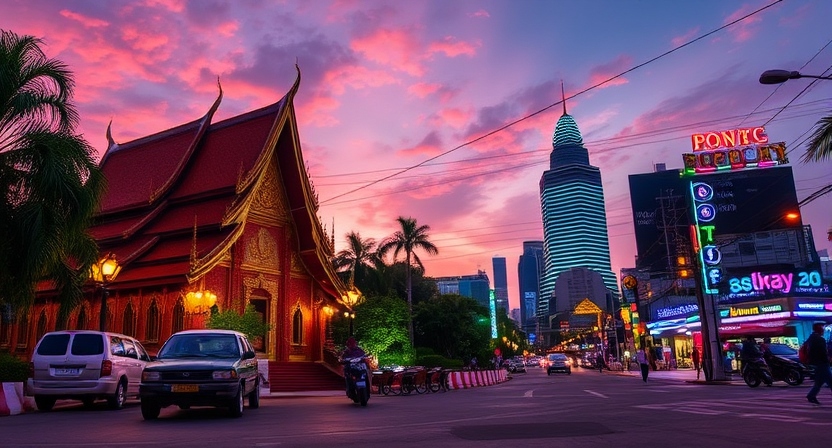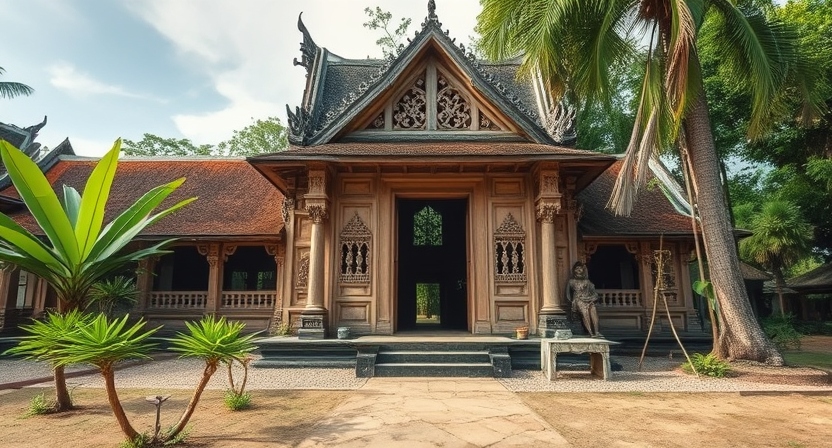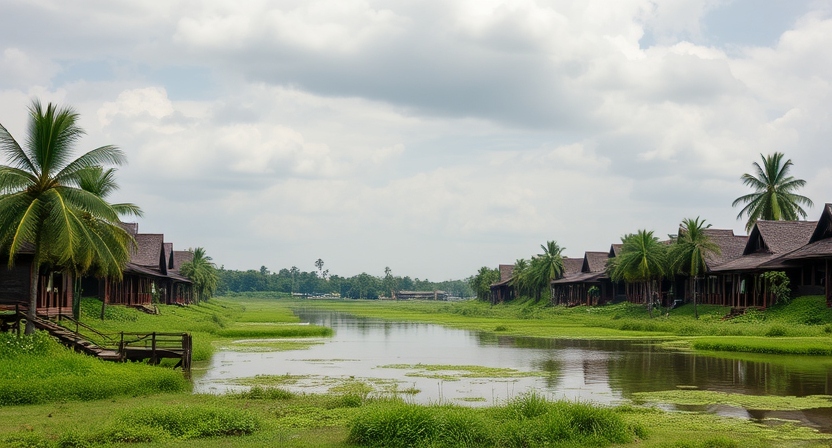- About Us
- Legal Services
- Family Law
- Property
- Marriage
- Immigration
- Contact
- Payments
Probate in Thailand is a complex matter. This is also called winding up an estate or the administration of estates. You could make a last will and testament for your assets in Thailand. Also speak to our probate lawyer in Thailand about this as the probate process is much easier when you do die when the assets are separated in your last will and testament. This is also called winding up an estate in Thailand.

You should ensure that you have a last will and testament or a living will, when living in Thailand. Once you die, your family will need to find a probate lawyer. This to ensure that the case is filed with the courts in Thailand. Note that there is a short statute of limitation in which to file an objection to an existing estate case in Thailand. If you are a relative that has not been included then you have a short period in which to raise your objection.
When you are winding up the estate. All institutions, banks, Embassy as well as private and governmental agencies involved need to be notified of the death. For a foreigner, the death would need to be registered with the Embassy as they need to nullify the passport.
For foreigners, it can also become more complicated when there are assets overseas. If legal action is taken in the US or the UK and the order of the court has been issued then you cannot enforce this in Thailand. What you will need to do is to use this foreign court order as evidence in the Thai probate case. The court order becomes part of the evidence in the probate matter.
If there is no will, then as a statutory heir Thai law does not distinguish between a Thai or non-Thai. As an example, if your wife dies and leaves the house which is in her name to you, a new problem occurs. Also as a foreigner, you are not generally allowed to own land in Thailand. Lastly is you want to making a will in Thailand then speak to us.

Likewise if you want to know more about the living will then see the article we wrote about the process and how valid this is. Speak to our family lawyer for more information on this and more.

Speak to us about winding up an estate in Thailand. The probate lawyer will need to look at the estate duty that you need to know about. See the taxes on the estate with our probate law firm and lawyers.

The drafting of your last will is important. See what is needed with this process as well as how best to approach this with our probate law firm in Thailand. Be this last will and testament in Bangkok or Pattaya.

Winding up an Estate in Thailand can become complex. This could be if you are retired in Thailand or where you have a LTR visa or permanent residency. See what you need to know.

These are the basics of drafting a will in Thailand. Be this in Bangkok, Pattaya or Issan. If you are retired in Thailand or where you have an LTR visa then having a will is a good idea.

You will need to ensure that you have will validity to avoid issues. We are probate lawyers in Bangkok so speak to us about winding up an estate in Thailand today.

Our probate lawyers will start and complete the estate or what is called estate late administration in the West. See what the process is under the winding up of an estate.

Speak to us about Thai inheritance laws. You can find the law under the Civil and Commercial Code law which we broke down on the page for inheritance. We are a probate law firm in Bangkok.
Under these circumstances normally you would have 1 year to sell the property. It could also be that you have no family in Thailand. You might leave your Thai assets to your son in your home country. Your son will then have to ensure that he is able to manage the property. Then get the probate lawyer to sell all the assets. Proper estate planning in Thailand is very important. It minimizes the costs and legalities later if your estate has been planned properly.

Each city in Thailand has a different demographic of foreigners. Those in Chiang Mai or Pattaya differs. Prenuptial and last wills drafted in Pattaya or Chiang Mai are different. Digital nomads vs retired people.

Those who draft a las twill in Bangkok or Phuket would be different. Phuket is property investment while Bangkok would be expat workers and families. Prenups are no different.

Making a will in Thailand can be difficult if you do not understand what to do. Some will buy a template online and consider this to be acceptable. You can find the law under the Civil and Commercial Code law.

If you have retired in Isaan then speak yo us about drafting you last will for you. Read about that you will need to know while you live in the country. You can find the law under the Civil and Commercial Code law.
Property is normally the major issue. Property leases are not inheritable and the lease is terminated at the death of the lessee. It can however be added to the original agreement that the lease is inheritable. This is why estate planning in Thailand is important.
You would also have your attorney look at your usufruct which you might have as well as superficies where you own the property but not the land. All of these issues need to be looked at. If you hold certain assets in a Thai company then you will also need to view how this will be settled and the shares transferred to the heir.
Always take sound legal advice when drafting a last will and testament as probate costs can be kept low if you have planned your estate properly. See also the notary service in Thailand article on here. If the estate owns a copyright in the Thailand or owns a trademark or has a patent registered. Then speak to us.
